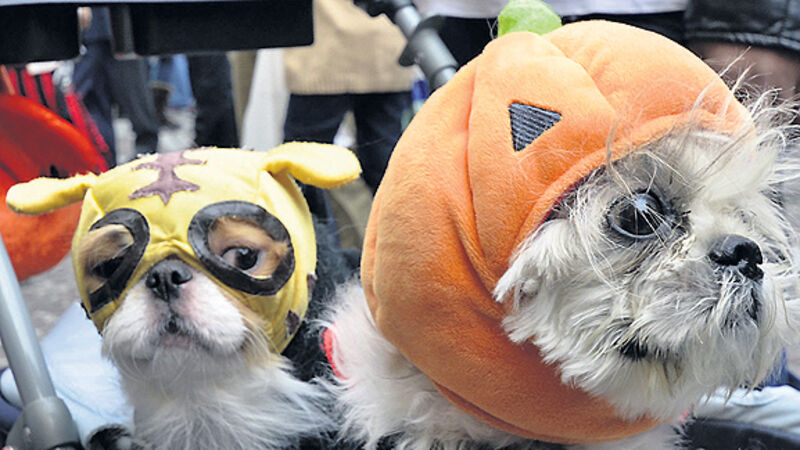No sex? More dogs then

IN A smart and expensive neighbourhood of Tokyo, Toshiko Horikoshi relaxes by playing her grand piano. She’s a successful eye surgeon, with her own private clinic, a stylish apartment, a Porche in the garage — and two pet pooches by her side: Tinkerbell , a chihuahua and Ginger, a tika poodle. “Japanese dog owners think a dog is like a child,” says Toshiko. “I have no children, so I really love my two dogs.”
Many Japanese women like Toshiko prefer pets to parenthood. Startlingly, in a country panicking over its plummeting birth rate, there are now many more pets than children. While the birth rate has been falling dramatically and the average age of Japan’s population has been steadily climbing, Japan has become a pet superpower.











